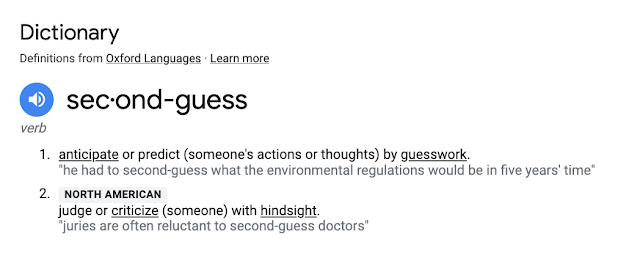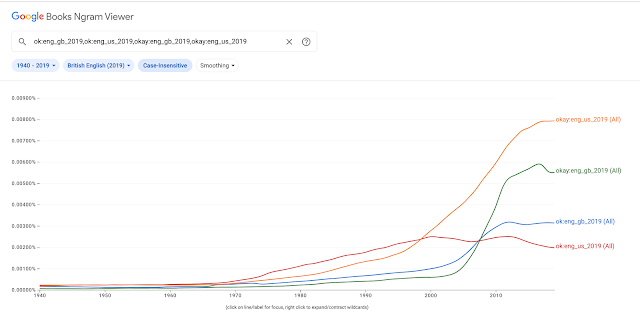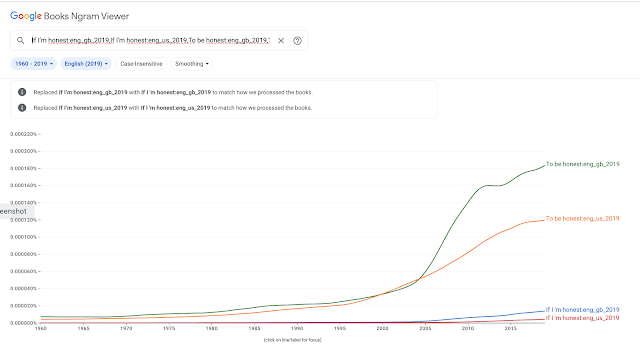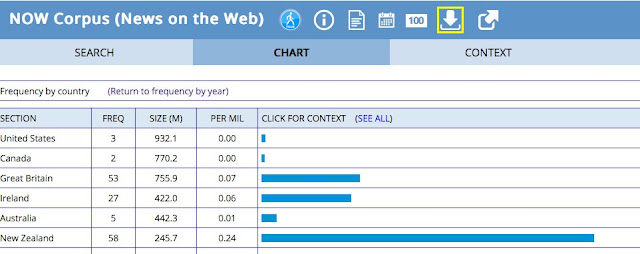In 2009, my parents came over from the US and we took a trip to Italy: Florence, Pisa, and Rome. The food, of course, was gorgeous, but often clashed with what my mother thought of as "Italian" food—the type that one gets in the northeastern US, where Italian immigrants brought over a lot of southern Italian dishes, which were then adapted as tastes and ingredients changed. Because of this, she repeatedly asked "Is it in a red sauce?" Many of the waiters found this a strange question, but they could deal with strange questions from paying foreigners. My British spouse, however, found it too annoying: "What do you MEAN?" And Mom would say "You know, a red sauce. Like [AmE] spaghetti sauce". But he didn't necessarily know, because naming sauces by colo(u)r seems to be a peculiarly monocultural thing.
red sauce
Red sauce was only added to the Oxford English Dictionary (OED) in 2005, so its definition is pretty up-to-date and shows the American sense:
(a) n. Any of various sauces that are red in colour, esp. (in the United States) a tomato-based sauce of southern Italian origin; (b) adj. (attributive) U.S. of or designating a type of Italian American cuisine characterized by the use of tomato-based sauces.
Wikipedia tells us:
Red sauce may refer to:
- Marinara sauce, in the United States
- Ketchup, in the United Kingdom and Ireland
- Salsa roja, in Mexican cuisine
- Red curry, in Thai cuisine
That list demands a translation and a synonym. Marinara sauce in AmE refers to a rather plain tomato sauce for pasta—the default pasta sauce in the US. It is so-called because it was reputedly the kind of simple sauce made or eaten by Neapolitan sailors. In the UK, one sees the word marinara on Italian menus referring to seafood sauces.
 |
| An Australian ketchup |
 |
| An American passata |
brown sauce
The British have brown sauce, of which HP Sauce is the original and most famous example. It's a condiment one buys in a bottle, made with vinegar, fruits, and some form of sugar. It is most often used with breakfast, and we've seen it before in my opus about bacon sandwiches.
 |
| Wikipedia's photo at brown sauce |
In this vein, Americans have A.1. Sauce, which we never call brown sauce. Since the 1960s, it's been marketed as A.1. Steak Sauce—which points to another American sauce term. Steak sauce, Wikipedia tells us, is:
a tangy sauce commonly served as a condiment for beef in the United States. Two of its major producers are British companies
Back to brown sauce. The OED definition has not been updated since 1888, and it has only the French-cuisine inspired meaning, akin to gravy: "A brown-coloured savoury sauce, esp. one made with browned fat and flour." When I was a(n American) child in the 1970s–80s learning about cooking, I learned this among other sauce terms—though I can't say I've ever heard it in my adult life.
But brown sauce was another bit of my mother's terminology that didn't help when travel(l)ing: she'd talk about her Chinese food preferences in terms of preferring brown sauce over white sauce, and British Spouse didn't understand what she meant. But, she knew what she was talking about. Goodcooking.com has a story about a sauce master at a Chinese restaurant which includes (with recipes):
Two basic sauces are the brown sauce and white sauce. Brown sauce is mainly for meat dishes; beef, lamb, duck, yet he also used it in his Chendu Fish dish, to bind together moo shu and one of his tofu dishes. The white sauce was for fish and seafood, chicken and vegetable dishes. Other ingredients such as black beans, chili with garlic, preserved vegetable, ginger and garlic were added as items cooked and then his sauces were added, seconds before service to bind everything into a flavorful dish.
From the spelling of flavorful, we can guess that this Chinese restaurant was in the US, and from a little knowledge of Chinese food in the anglosphere, I would guess that (a) this might be based in some specific regional Chinese cuisine, and (b) the term is not much used in British Chinese cuisine. Having had a lot of Chinese takeaways/takeout in the US, UK and South Africa, I can report that even if you're ordering a dish of the same name (chicken in garlic sauce, sweet-and-sour pork, General Tso's chicken etc.), they are very different in different places. (Let's just say: my English family always makes a point of having Chinese food when we're in the US.) Yummly.co.uk has many recipes for Chinese brown sauce, but, despite the 'uk' in its URL, all the brown-sauce recipes I checked there have American terminology (cornstarch, scallions, chicken broth/bouillon etc.). If there were any urge to call Chinese sauce base brown in British English, it would probaby be blocked by the clash with the breakfasty condiment.
white sauce
- In (US, at least) Chinese cuisine, it's the opposite of brown sauce. (This site says it's typical of Cantonese cooking.)
- A sauce base made of "roux of butter and flour combined with milk or cream" (OED).
Finally,
 |














_by_Blake_Shelton.png)























